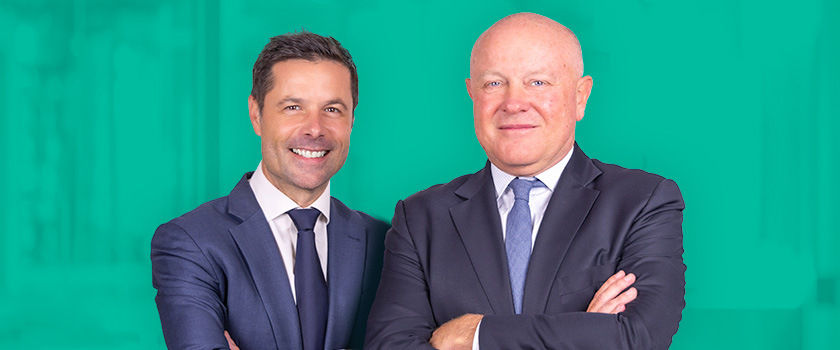Paperjam (27.04.2022) - Union Bancaire Privée is expanding its impact investment offering with the launch of a third strategy dedicated to restoring biodiversity. This strategy complements an offering focused on listed companies that was launched in 2018, and the one devoted to emerging countries launched in 2020. These strategies have raised USD 1.4 billion in assets under management.
“Targeting companies that solve problems”
04.05.2022








